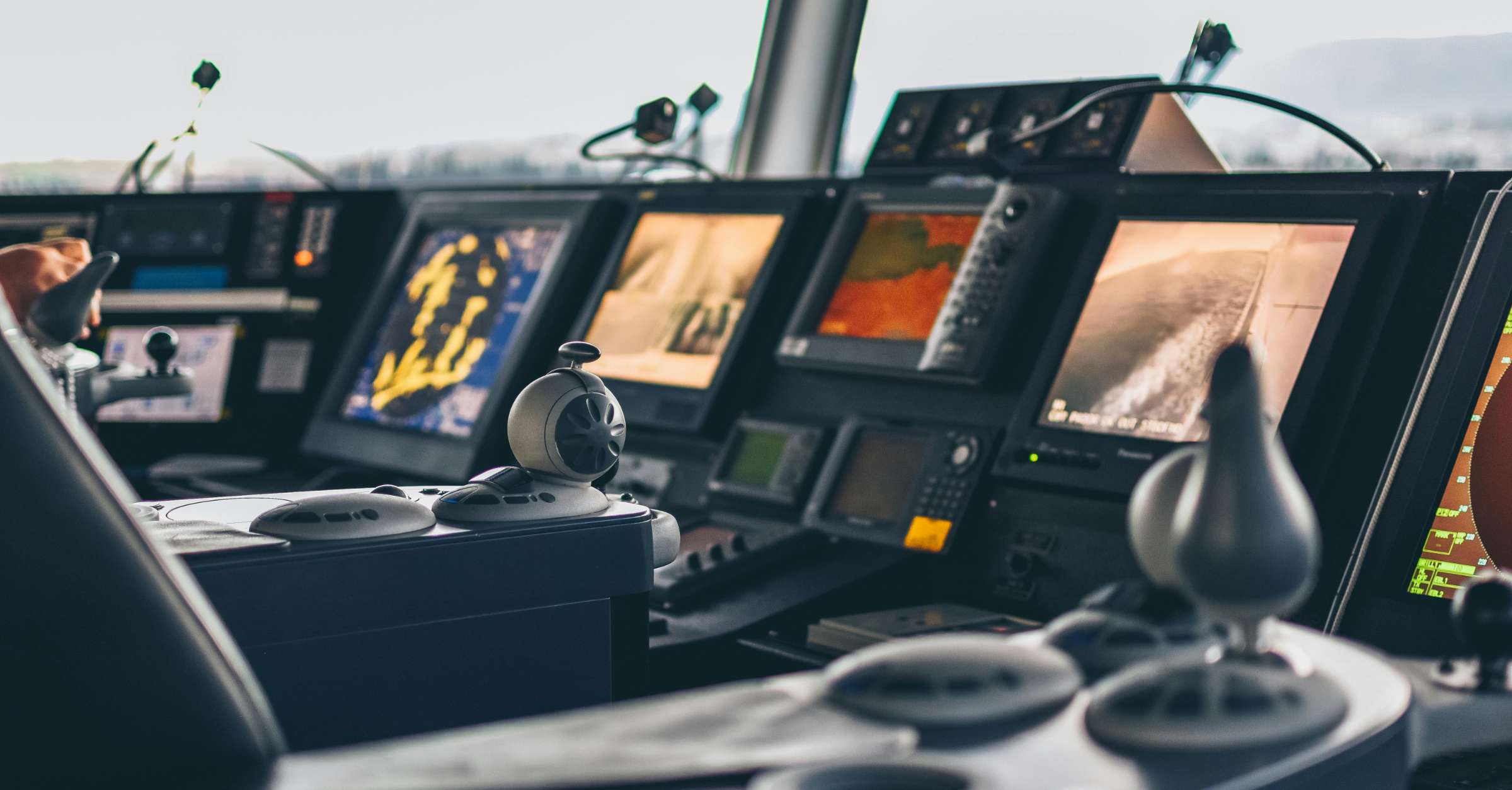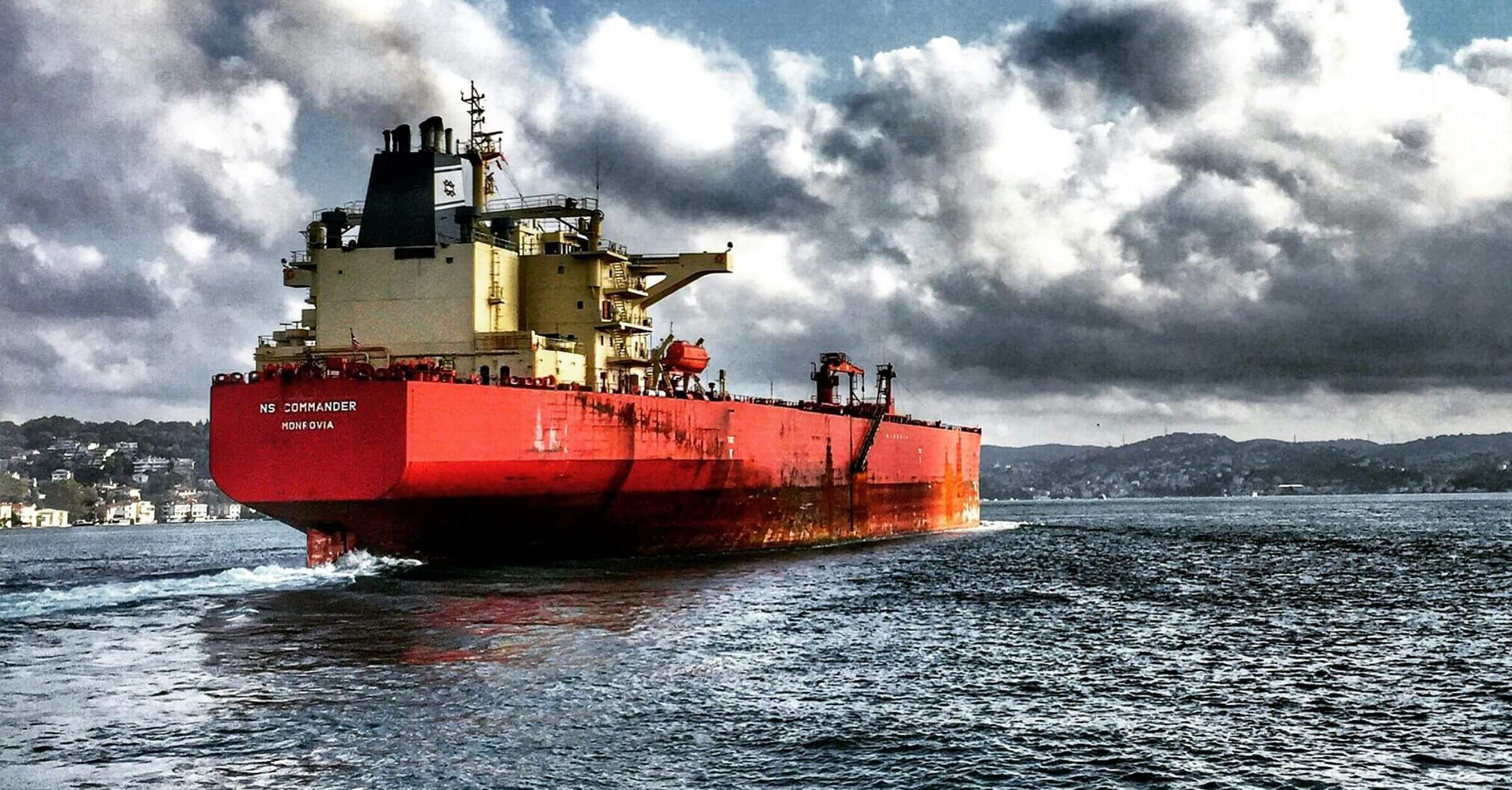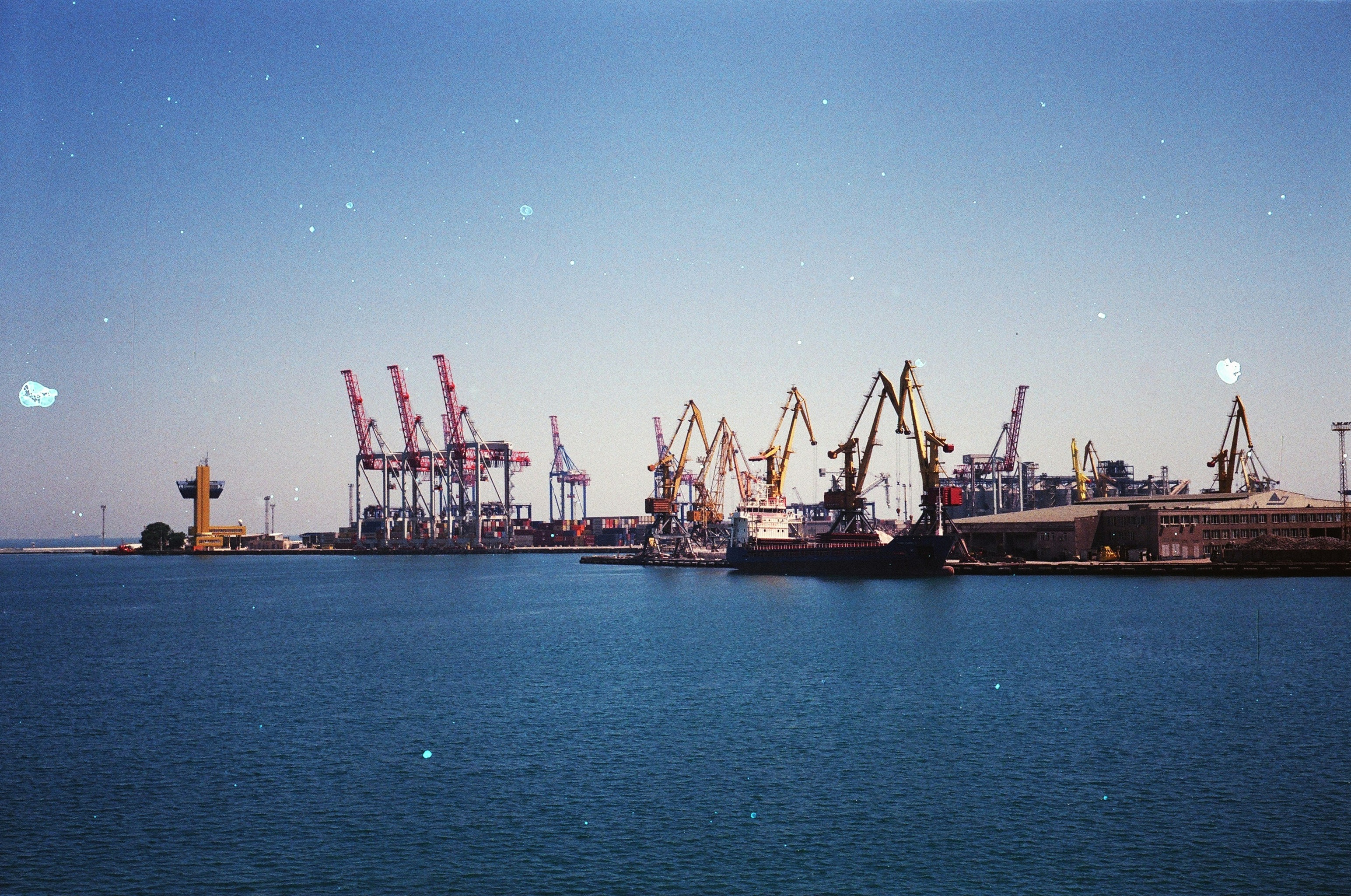Regulation, redundancy, and delays are weighing down modern shipping
Shipping faces mounting regulatory pressure and outdated manual workflows that slow decisions and increase risk. The Ship VRS streamlines operations with real-time, unified data for faster, smarter compliance.

The growing burden of compliance
From IMO DCS and EU MRV to FuelEU Maritime and the ambitious Net Zero strategy from the IMO, the demands placed on shipping have never been greater. These regulations aim to reduce emissions and improve transparency—but they also add layers of complexity to day-to-day operations.
Ship officers are now responsible for meticulous data entry and documentation, often by hand. Operators ashore must reconcile data from handwritten logs, scanned documents, and disjointed systems. The result: delayed decisions, poor data quality, and rising operational costs.
Examples of administrative overload
- A typical port call can involve 30–50 emails between stakeholders.
- Most official documents, such as the Statement of Facts, are still signed manually and scanned.
- Laytime is often calculated based on handwritten logs and manually extracted timestamps.
- Fuel consumption and emissions are logged in logbooks, then re-entered into compliance tools or spreadsheets.
This redundancy is not only inefficient—it’s harmful. Inaccurate or late data leads to poor decisions, potential non-compliance penalties, and missed optimization opportunities.
Environmental Reporting: Necessary, But Painfully Manual
Environmental reporting is a critical piece of modern compliance. However, most vessels still operate in a hybrid of analog and digital processes, making accurate, timely reporting a challenge. Data is often captured manually, verified by email, and corrected retroactively during audits.
The lack of real-time, structured data means: - Operators can’t act proactively. - Emissions reporting is reactive and error-prone. - Compliance efforts consume excessive time and resources.
Regulation Is Accelerating
Recent and upcoming regulatory changes highlight the urgency: - FuelEU Maritime: Introduces greenhouse gas intensity tracking with major commercial and operational implications. - IMO Net Zero: While broad in scope, its impact will likely demand real-time, verifiable data as the baseline for future compliance. - Port State Control and EU ETS: Further pressure to provide transparent, high-quality data during inspections and audits.
The Need for One Source of Truth
The current fragmented system landscape forces users to input the same data into multiple platforms—emissions, port calls, laytime, chartering, etc.—often leading to inconsistencies, fatigue, and errors.
The industry doesn’t need another isolated tool. It needs a digital intermediary: a central platform that can collect, analyze, verify, and distribute critical operational data.
Introducing The Ship VRS
The Ship VRS was designed to meet this exact challenge. It is not just another emissions tracker or laytime calculator—it is an operational hub built to:
- Capture real-time events: port activity, fuel use, weather delays, berth times
- Enable digital signing and validation of operational documents
- Distribute structured, verified data across all stakeholders
- Eliminate redundancy by creating a single, shared source of truth
- Support FuelEU compliance and be fully adaptable for future IMO Net Zero demands
One Platform. One Truth. Real-Time Insight.
By removing silos and manual steps, The Ship VRS transforms compliance into competitive advantage. It reduces administrative burden, increases reporting accuracy, and improves responsiveness across the board.
More importantly, it empowers both ship and shore to act based on now, not yesterday.
Conclusion: Compliance Is Not Enough—Efficiency Is the New Frontier
As shipping regulations evolve, the need for operational clarity has never been greater. Manual processes and disconnected tools cannot support the pace of change.
To stay ahead, operators must invest in systems that: - Capture accurate data once - Analyze and interpret it in real time - Enable proactive, not reactive, decisions
The Ship VRS is built for this future—a structured, intelligent intermediary system that delivers clarity, control, and confidence across your fleet.
Stop drowning in documents. Start sailing with insight.

The Operational Data Layer

Why Shipping’s Digital Future Starts with a Vessel Reporting System

Why the Statement of Facts is Essential in Shipping Operations
Get in touch
Have any questions about The Ship VRS? Don't hesitate to reach out to our sales team.

